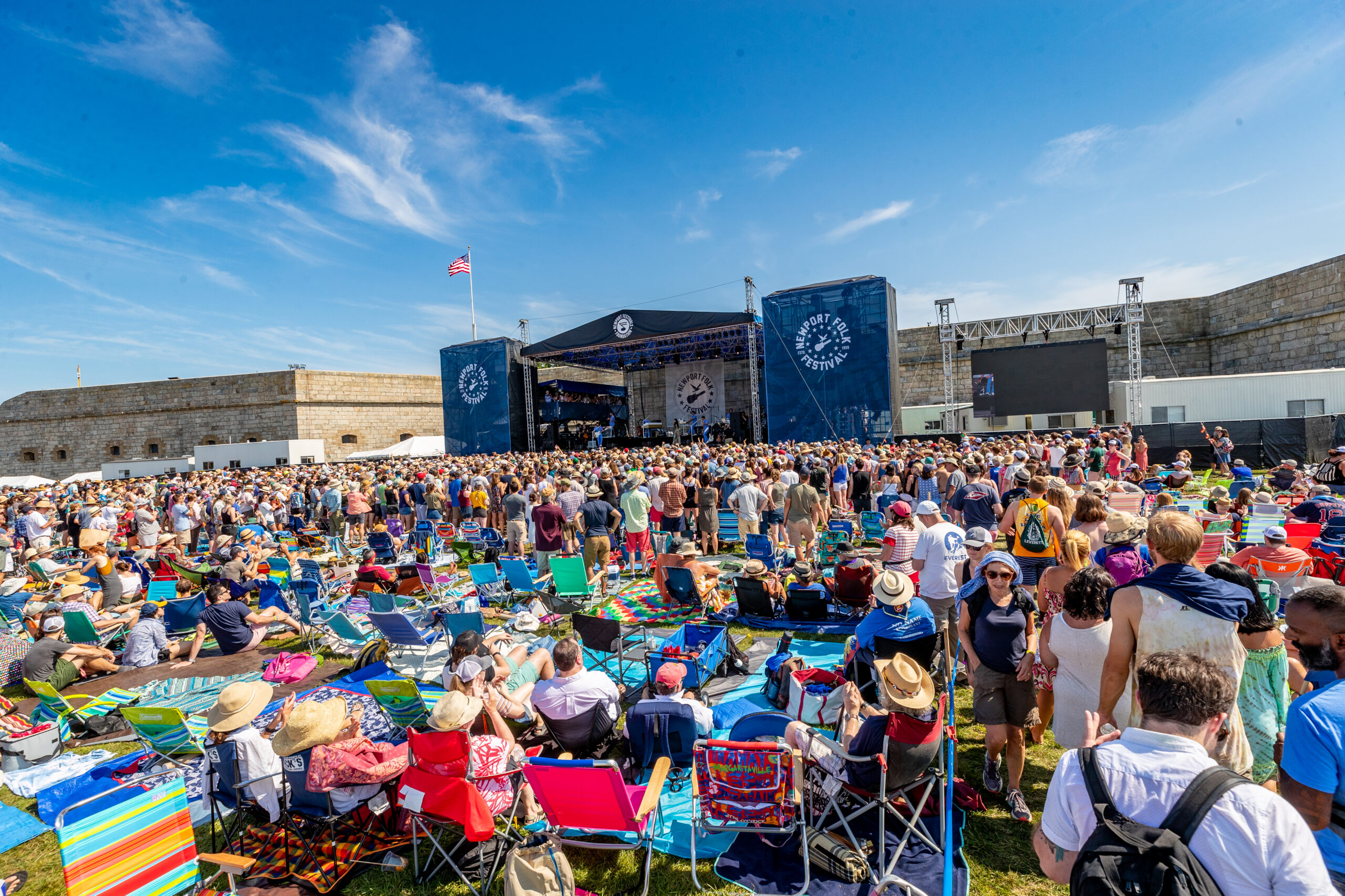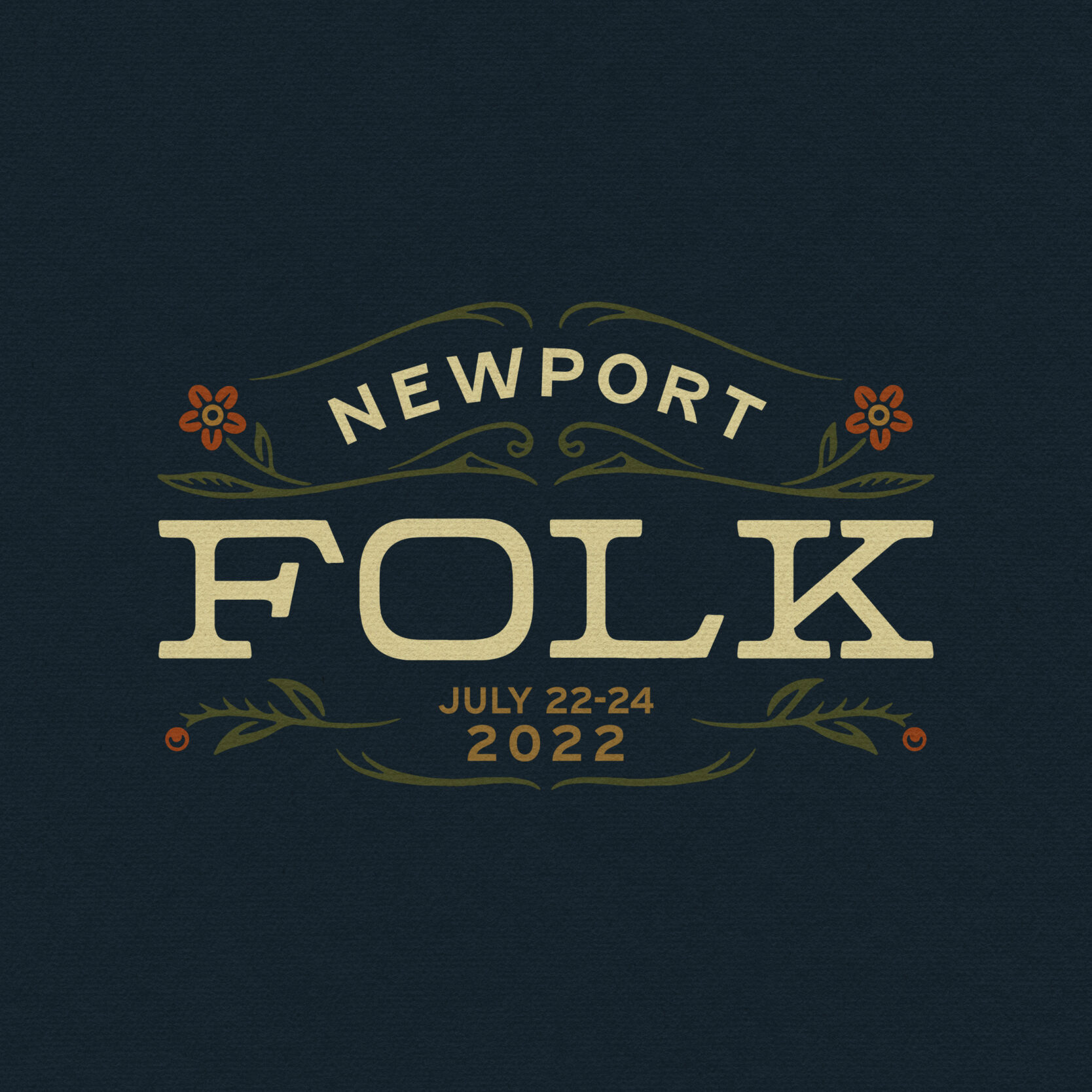On July 16, a new three-digit helpline, ‘988’, began a service for Americans to call if they were experiencing a mental health emergency. Those three numbers may prove to be the first small step for recovering a healthy mind during a period marked by back-to-back catastrophic traumas. While the pandemic caused layoffs, or gave employees the choice to work from home, it also brought with it a drastic, and barely reported, existential halt to the lives of performing artists. Broadway theaters went dark, every kind of live performance was canceled or put on hold, opera commissions were stalled, and life was uniquely complicated for musicians. Some production houses and recording studios folded, of course, but more immediately, the pandemic marked the end of income for musicians who lived in the peripatetic world of being on the road.
In a white paper written in 2021, Zack Borer and Chayim Newman, two mental health clinicians with backgrounds in the music industry, noted, “by early 2020, the music industry as we knew it was dead.” Borer and Newman were so alarmed by the effect the dismantling of an industry was having on the mental health of the industry as a whole, that they started a mental health consulting and clinical firm, Borer Newman, to provide services that address the mental well-being of music industry professionals. To get the word out to as many industry people as possible, the two partners envisioned the music festival experience as a perfect testing ground. And last year, with the support of Kira Favro, COO of the Newport Festivals Foundation, Chayim Newman held individual support sessions and ran mental health-themed workshops and mediation sessions for performing artists and festival crew in the context of their own unique, music-oriented situation.

This year at the Newport Folk Festival, Borer Newman were back, and he decided to do something a bit different, which was to specifically target the alcohol and drug abuse aspect of mental health. “This industry has more than 150,000 artists and another 150,000 crew, many of whom struggle with mental health issues, struggle with sobriety and substance use issues,” Newman told me during our interview. In addition, for each day of the three-day festival, an artist, crew member, or manager already in recovery will facilitate each meeting. A.A. it’s not (nothing resembling A.A.’s 12-step plan to achieve sobriety written on a window shade hanging from a chalkboard), but the program has the same fellowship feel being that it’s made up of like-minded artists joined by the paired desires of making music and getting clean and sober.
Because we are living in a period some call “post” COVID-19, musicians are now able to get on the road again. And getting on the road again brings along with it new challenges around staying sober, which can be different than they were at the height of the pandemic. As one musician told Newman, “I’m still getting used to being on the road and my anxiety level.” And from another concerned band member, “I’ve been trying to be sober while I’m working during the pandemic. And now all of a sudden, I’m back on tour, and there’s booze everywhere in my green room, and I don’t know how to work through that.”
As it happens, I’ve been sober for 35 years—I think. That unsureness comes from how each year of sobriety is considered a “birthday” and like the later birthdays, one forgets how old one really is. What I do know is that my life as a sober person has been a lot longer than the life I spent in bars, or asleep in doorways, or waking up somewhere in another state with a stranger I barely recognized. I remember reading something in the A.A. literature that sounded like a harsh way to describe sobriety, especially early sobriety. “Trudging the road of happy destiny,” was the phrase. But after a few years of being sober, that harshness I felt at first melted away and I could read the sentence the way I think it was originally intended, i.e., it isn’t always easy staying sober. And eventually, you realize that happy destiny is a beautiful and scenic road to travel. As a musician, you already know what life on the road was like then. Here’s a wish for staying sober on that road and what it is like now.





